Today’s readings
Christ is risen! He is risen indeed! Alleluia!
¡Cristo ha resucitado! ¡Él ha resucitado! ¡Aleluya!
If anyone’s counting, this has been a very long Mass so far. And I don’t mean just the blessing of the fire and the candle, the singing of the Exsultet, and the rather extended Liturgy of the Word that the Easter Vigil contains. Yes, those are longer things, but we didn’t start this Mass with the blessing of the fire. This Mass started back on Thursday, when we gathered for the Evening Mass of the Lord’s Supper. The Paschal Triduum is one Liturgy, conducted in three parts. During Mass on Thursday evening, we heard about Jesus washing the feet of his Apostles, and commemorated the night when Jesus gave us the Eucharist and began the Holy Priesthood. We ended with adoration outside in the parking lot. Then the Mass continued yesterday, on Good Friday, when we heard the Passion story from Saint John’s Gospel, we prayed extended intercessions for all of the people of the world and their needs, then we venerated the Holy Cross and shared in Holy Communion. And then, we gathered tonight for what we are doing here. This is literally the longest Liturgy of the entire Church Year, and there’s a reason for that. The reason is that we absolutely cannot get enough of God’s love. In these holy moments, God’s love for us is poured out in service to his friends, in sacrifice for us on the cross, and in the glory of the Resurrection which shatters the prison bars of death and opens for us the glory of eternal life. That, dear friends, is love.
This crazy three-day Liturgy stands in opposition to the simple-mindedness of our world and its pathetic understanding of what love is. Our world takes love and makes it, at best, a cool feeling that lasts only as long as everyone is nice to each other, and at worst, something tawdry and unworthy of children of God. But none of that is the love we receive in this Liturgy, that’s not the love that our God pours out on us, that is not a kind of love that has ever entered the mind of God. This love, this real love, is caritas, a particular kind of love that is poured out in service to another, a love that seeks the good of the other as other. It’s a love that meets the other where she or he is at, and then takes them to a place greater than could be achieved without this love. This love breaks through the darkness of sin and death and calls us to life.
The Exsultet, that long proclamation I sang when we came into church with the new Paschal candle, tells us of this transforming love. It said:
This is the night,
when Christ broke the prison-bars of death
and rose victorious from the underworld.
Our birth would have been no gain,
had we not been redeemed.
O wonder of your humble care for us!
O love, O charity beyond all telling,
to ransom a slave you gave away your Son!
We, friends, are that slave. We are slaves to sin, slaves to the thirty pieces of silver and the Barabbas that we want more than life sometimes, as Father John talked about yesterday. We are that slave, but God won’t have us remain in our slavery. In order to ransom us from it, he gave away his Son, his only one, whom he loves, to use the words of the second reading tonight about God calling Abraham to sacrifice his son Isaac. You see, there was going to be a sacrifice: but, it was never going to be Isaac, it was never even really the lamb caught in the thicket. It was always going to be Jesus, and God’s love for us is so deep that he readily sacrificed his only Son rather than leave us to be slaves to sin. Our life would have meant absolutely nothing, our birth would certainly have been no gain, had we not been redeemed by the death and resurrection of Christ our Lord.
Quoting from the second line of the Gospel reading from Saint John that we heard on Thursday evening, Father Ramon reflected on this great love. That line read: “He loved his own in the world and he loved them to the end.” On Thursday, Jesus showed that love by washing feet and giving the Eucharist to be his everlasting presence until the end of time. Yesterday he showed that love by suffering the passion and dying on the cross. Today, we see that he showed that love by rising from the dead so that our own death doesn’t get to be the end of our story. Indeed, Jesus does love his own, which includes all of us, and he loves us to the end, and that end hasn’t happened yet. He loves us forever. He loves us when we gather here to pray. He loves us when we show mercy to others. He loves us when we share the love he gives us with others.
But, he loves us when we’re not at our best, too – he loves us when we are, in the eyes of the world, unloveable. He loves us when we refuse to wash the feet of our brothers and sisters, when we refuse to be of service because we can’t be bothered with their problems. He loves us when we take the thirty pieces of silver and call for Barabbas, when we do the wrong thing because we love our sins too much. He loves us when we are at our best, but he loves us when we are at our worst, when we have participated in the “necessary sin of Adam.” That sin doesn’t get to rule over us either, as the Exsultet proclaims:
O truly necessary sin of Adam,
destroyed completely by the Death of Christ!
O happy fault
that earned so great, so glorious a Redeemer!
He loves us so much, too, that he calls us to live lives of holiness. When we do that, we become like him, and we can be caught up in his life and live with him one day in heaven. That’s what life is all about for us. What we have here is nice, most of the time, but it’s nothing compared to what waits for us. And because he loves us, he has always wanted us there. In order to get us there, he has given us the Church to light the way through the darkness of the world, and the sacraments to give us strength in his presence. Tonight, shortly, three young people – Carly, Adrian and Enrique – will be initiated into this life of love and grace by receiving the Easter Sacraments of Baptism, Confirmation, and the Eucharist for the first time. For them, the stain of original sin will be destroyed completely by the Death of Christ, and because Christ broke the prison-bars of death, they will, with all the baptized, be able to be raised up to eternal life one day. Saint Paul proclaims this boldly in our Epistle reading this evening from his letter to the Romans:
If, then, we have died with Christ,
we believe that we shall also live with him.
We know that Christ, raised from the dead, dies no more;
death no longer has power over him.
Having, all of us, received the grace of God through the Passion of Christ and the cleansing of Holy Baptism, we then have work to do. Having celebrated and been sanctified in this Vigil, we will shortly be sent forth to help sanctify our own time and place. Because everyone must know that Christ is risen, that his love is eternal, that his grace obliterates our sin, that his love raises us beyond the grave, and makes us into disciples who are fit for heaven. Earlier today, our Elect received the Ephphetha rite which called on God to open their ears to hear his Word and their lips to speak his praise. In this Vigil, we all receive the call to Ephphetha, to make known the praises of our God. That is our ministry in the world. That is our call as believers. That is our vocation as disciples.
May this flame be found still burning
by the Morning Star:
the one Morning Star who never sets,
Christ your Son,
who, coming back from death’s domain,
has shed his peaceful light on humanity,
and lives and reigns for ever and ever. Amen.
¡Cristo ha resucitado! ¡Él ha resucitado! ¡Aleluya!
Christ is risen! He is risen indeed! Alleluia!
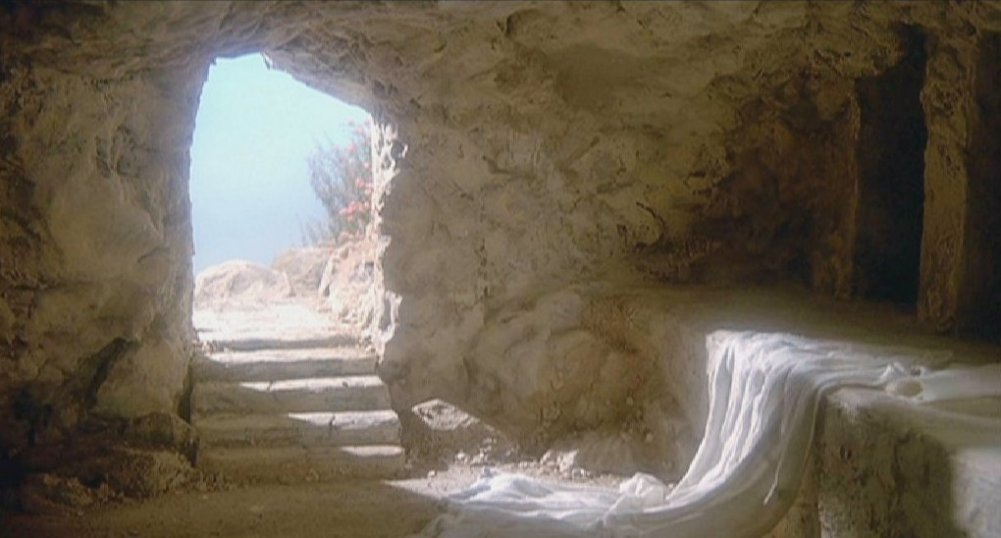
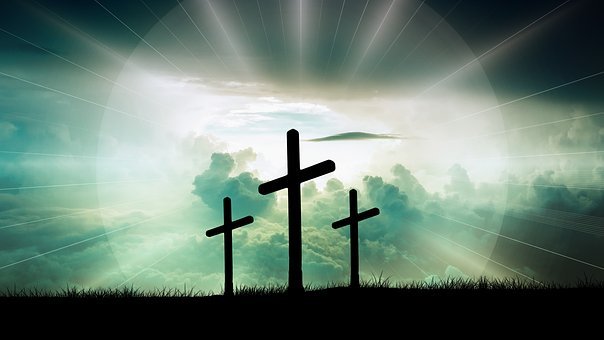
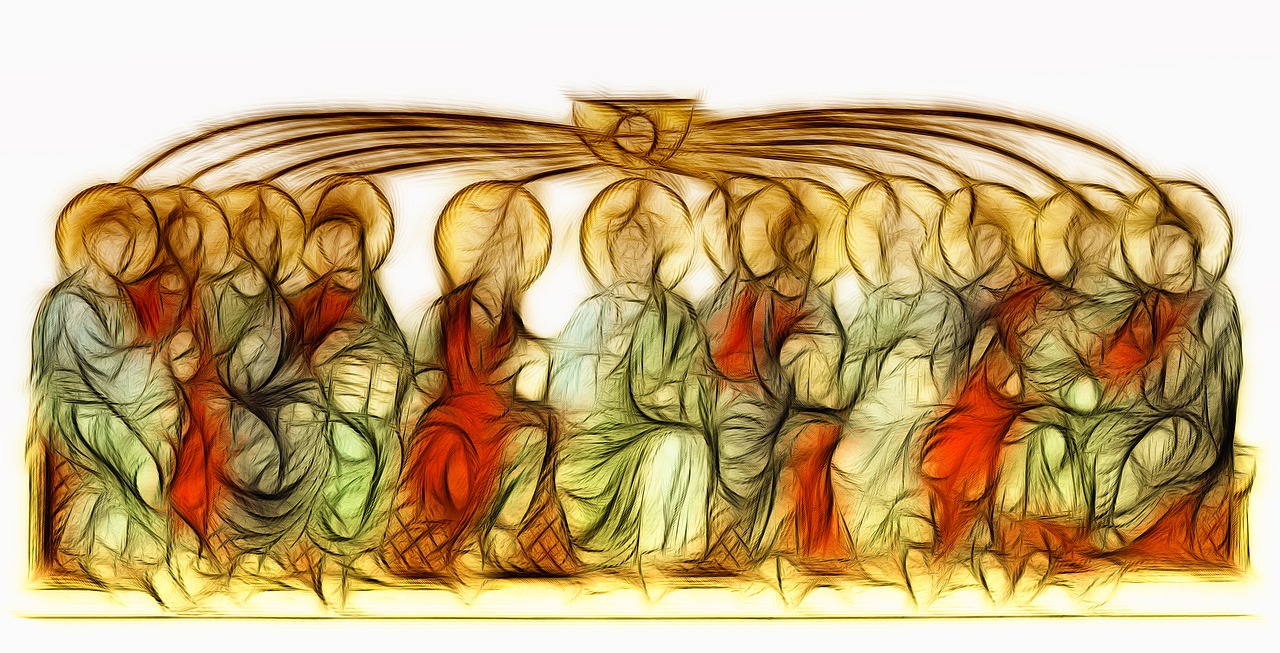


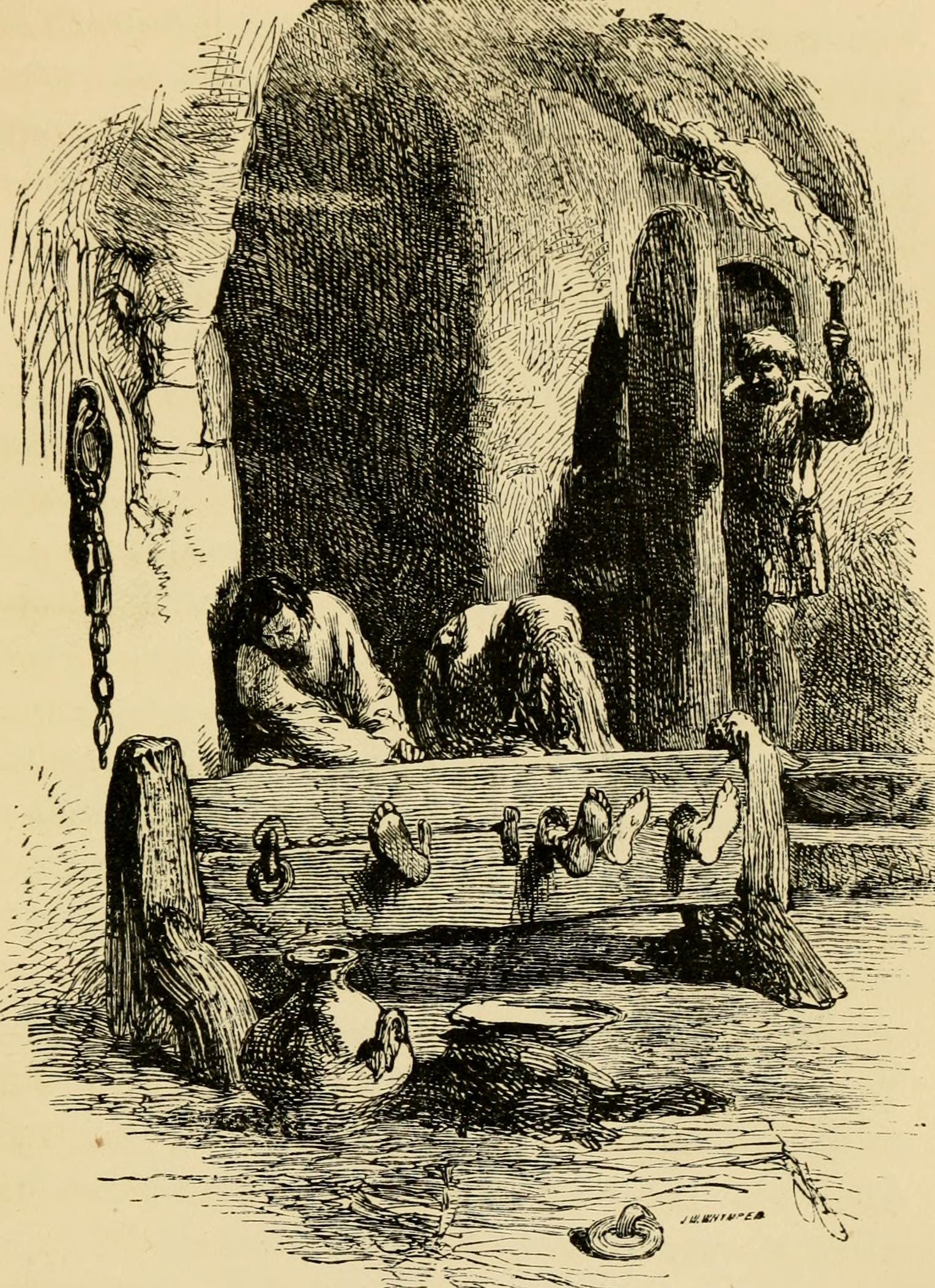
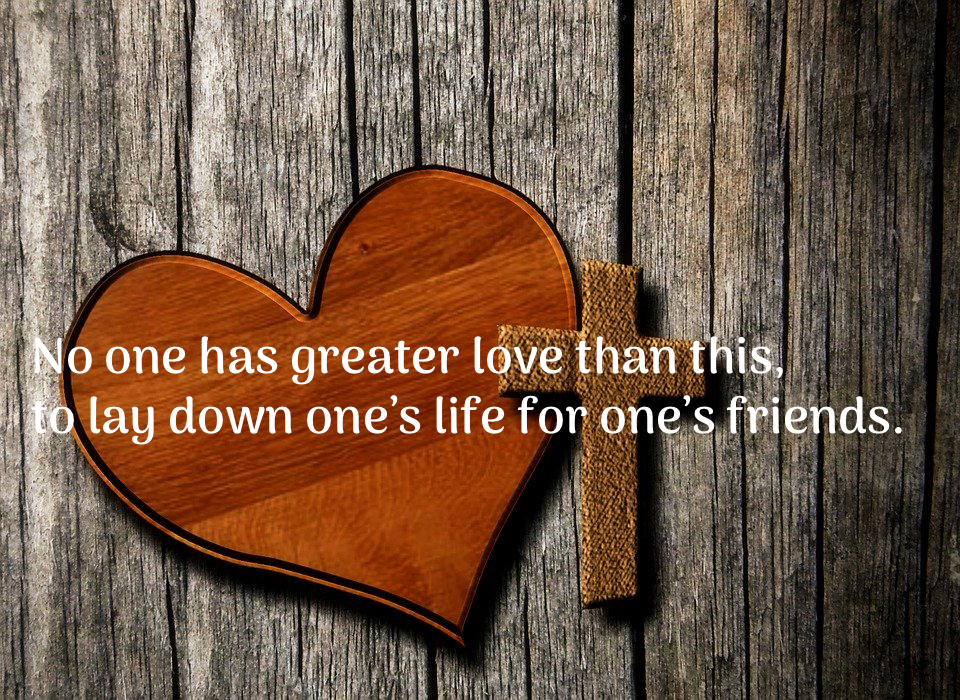
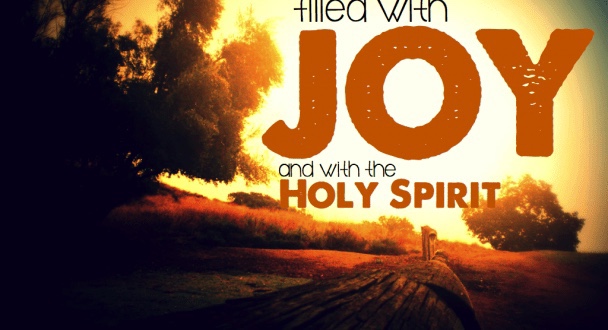

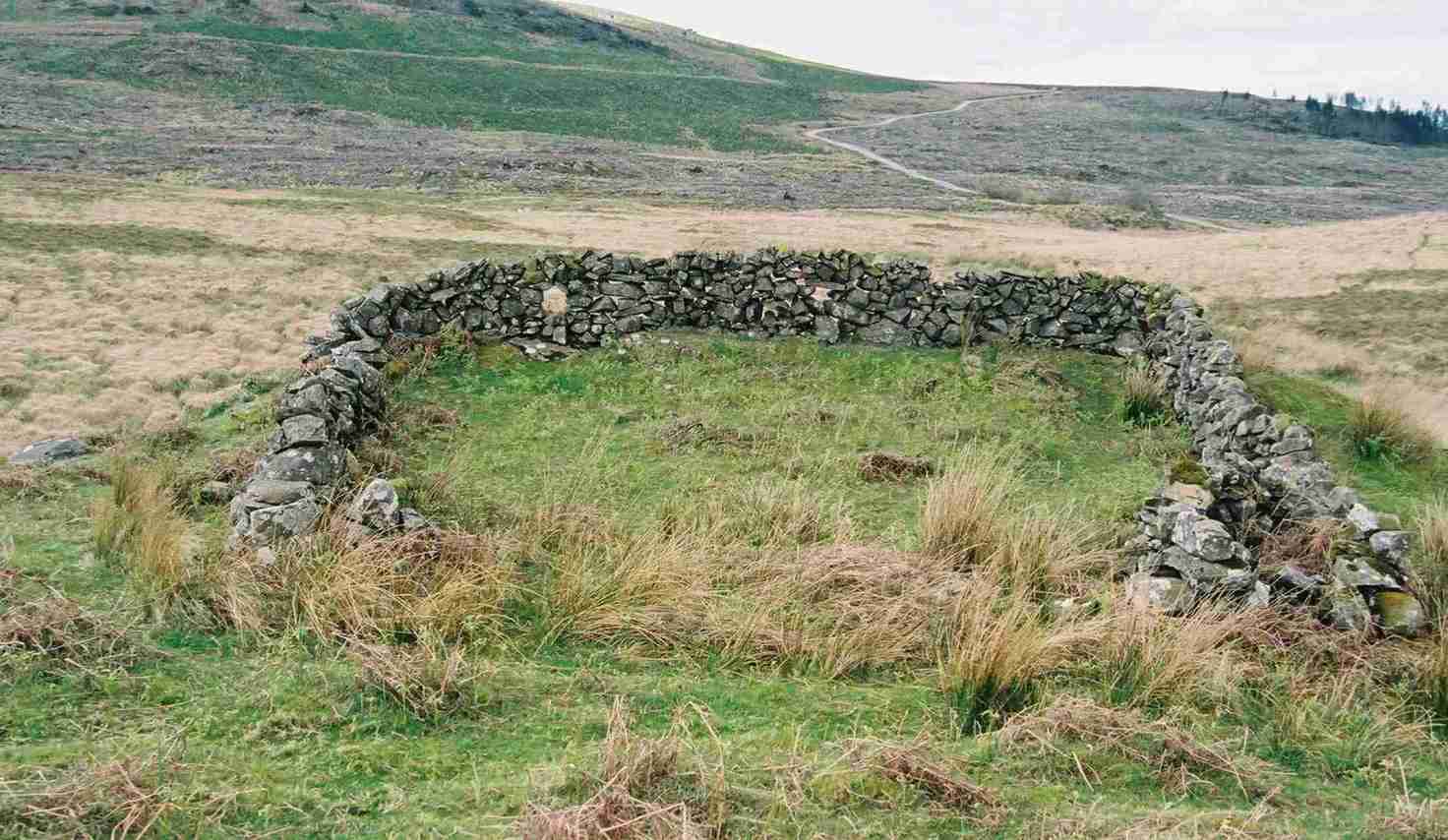
You must be logged in to post a comment.